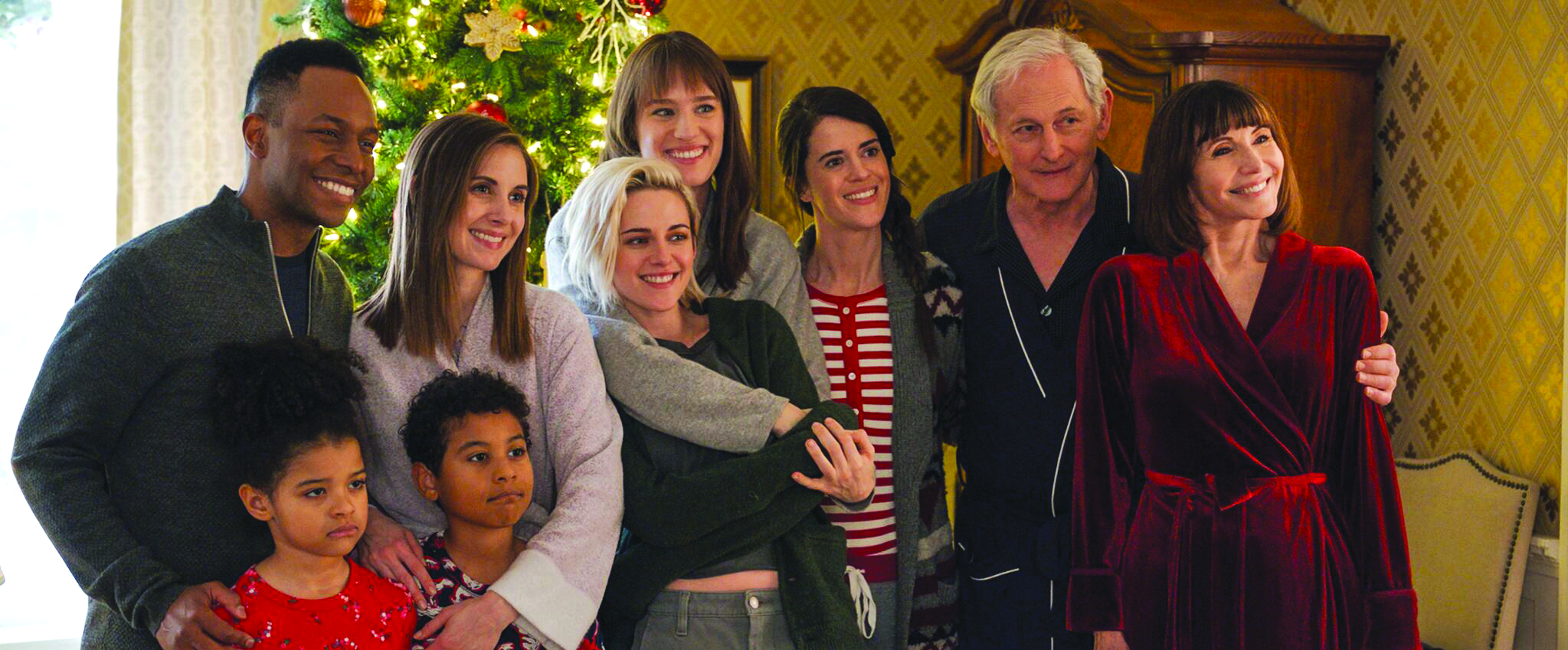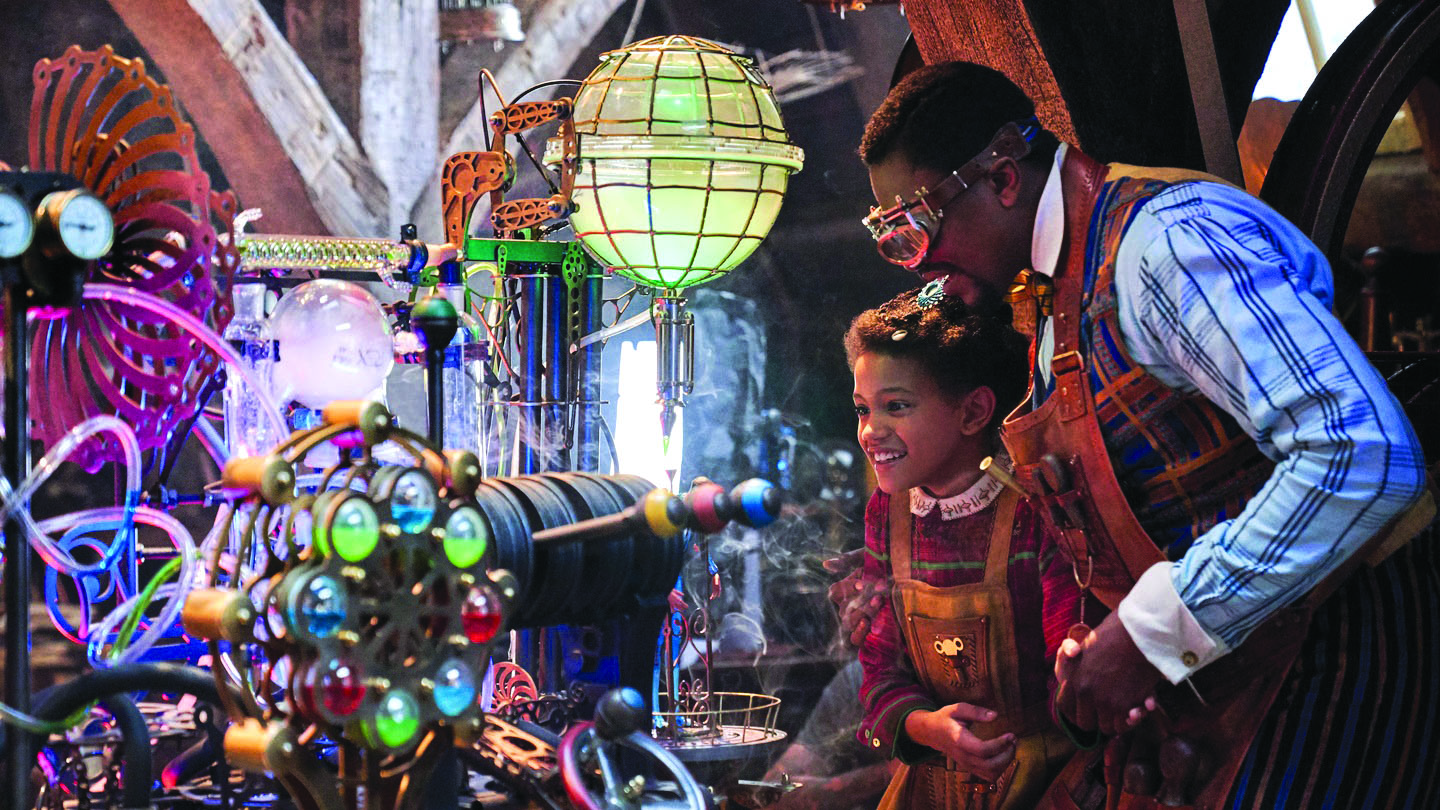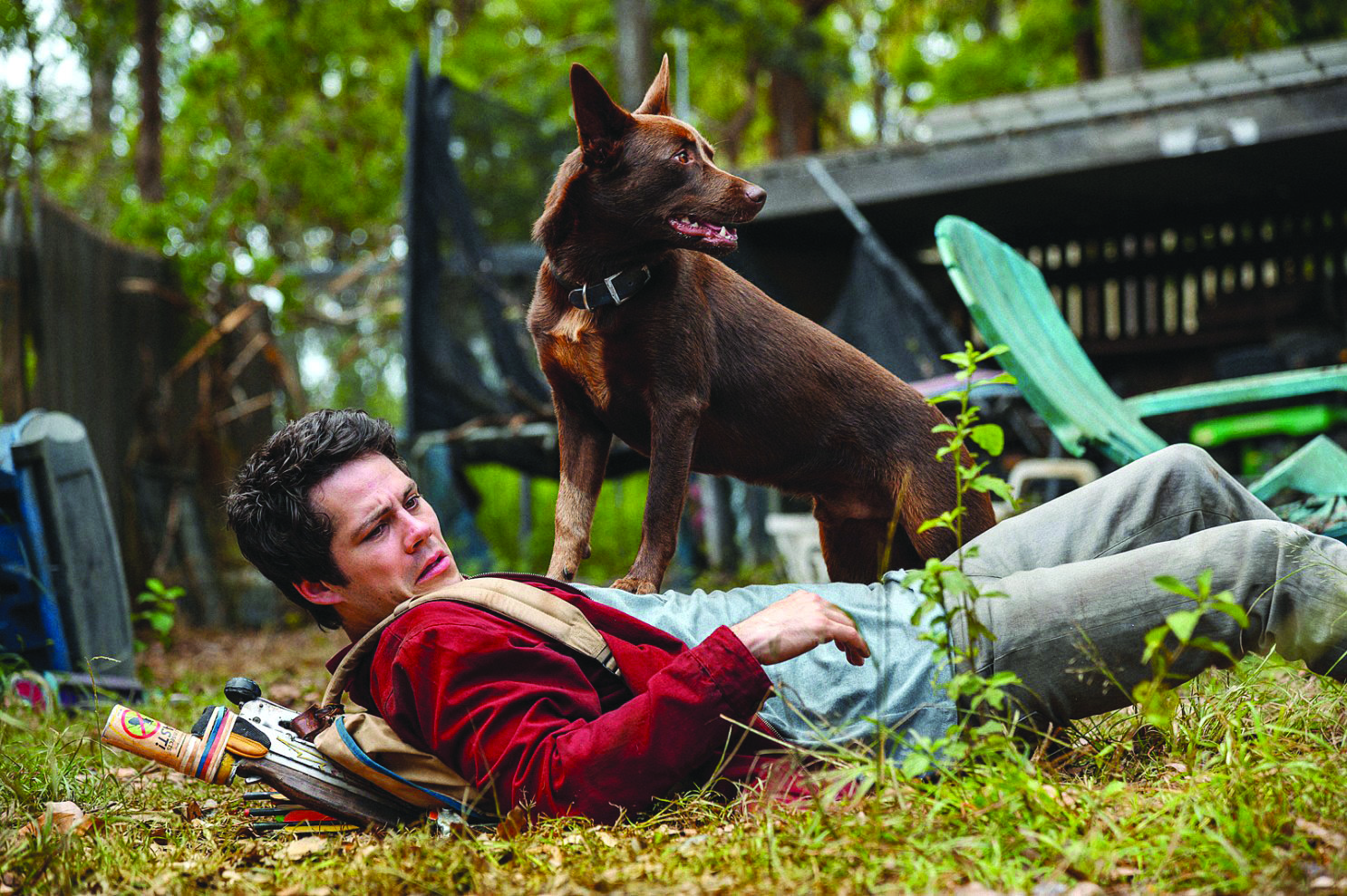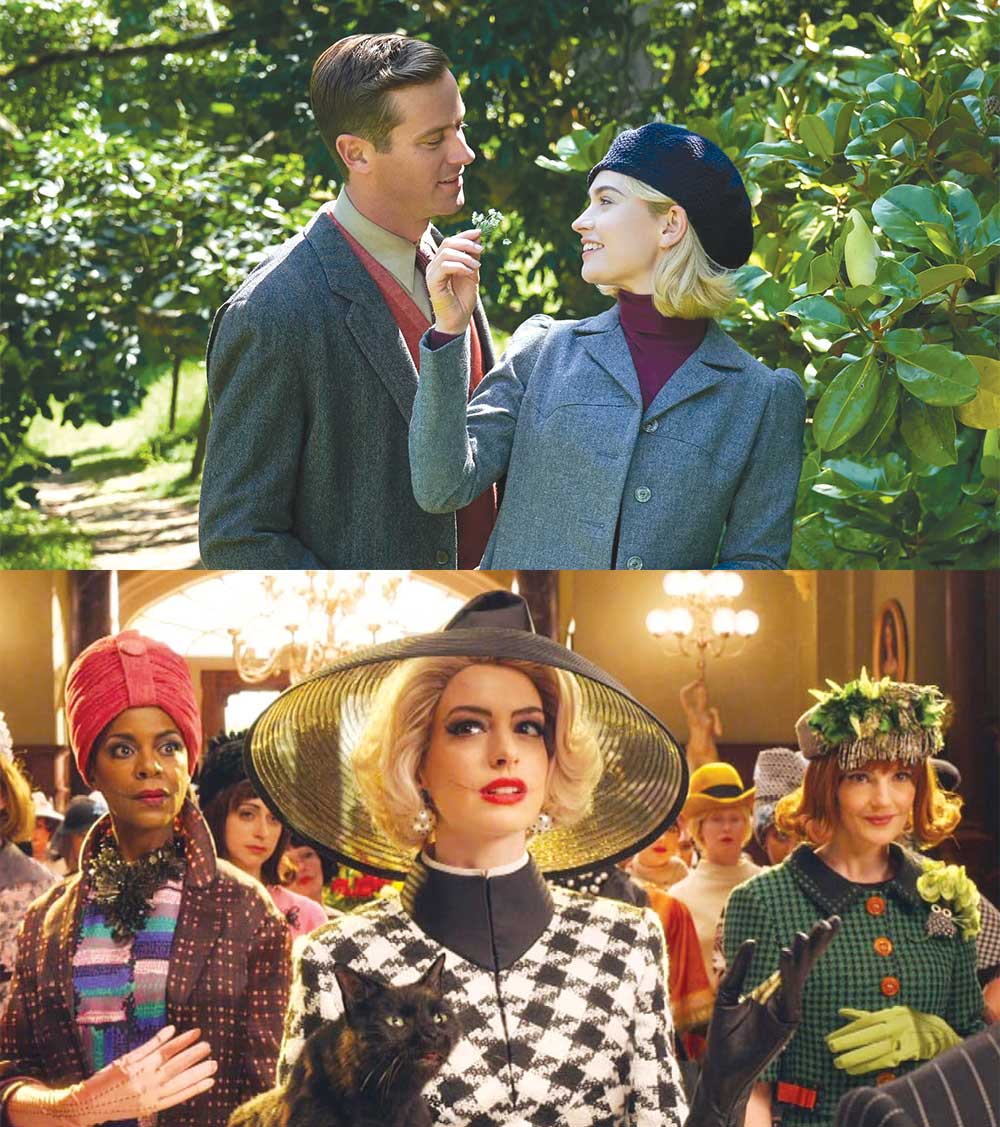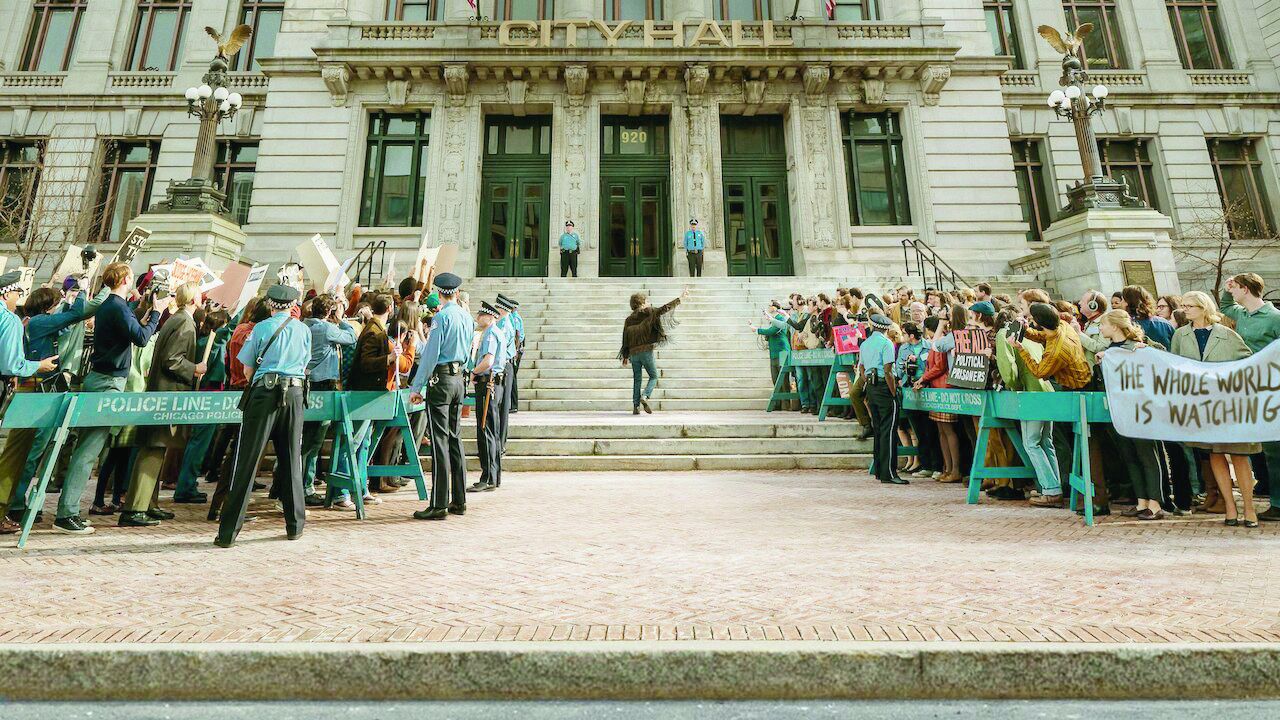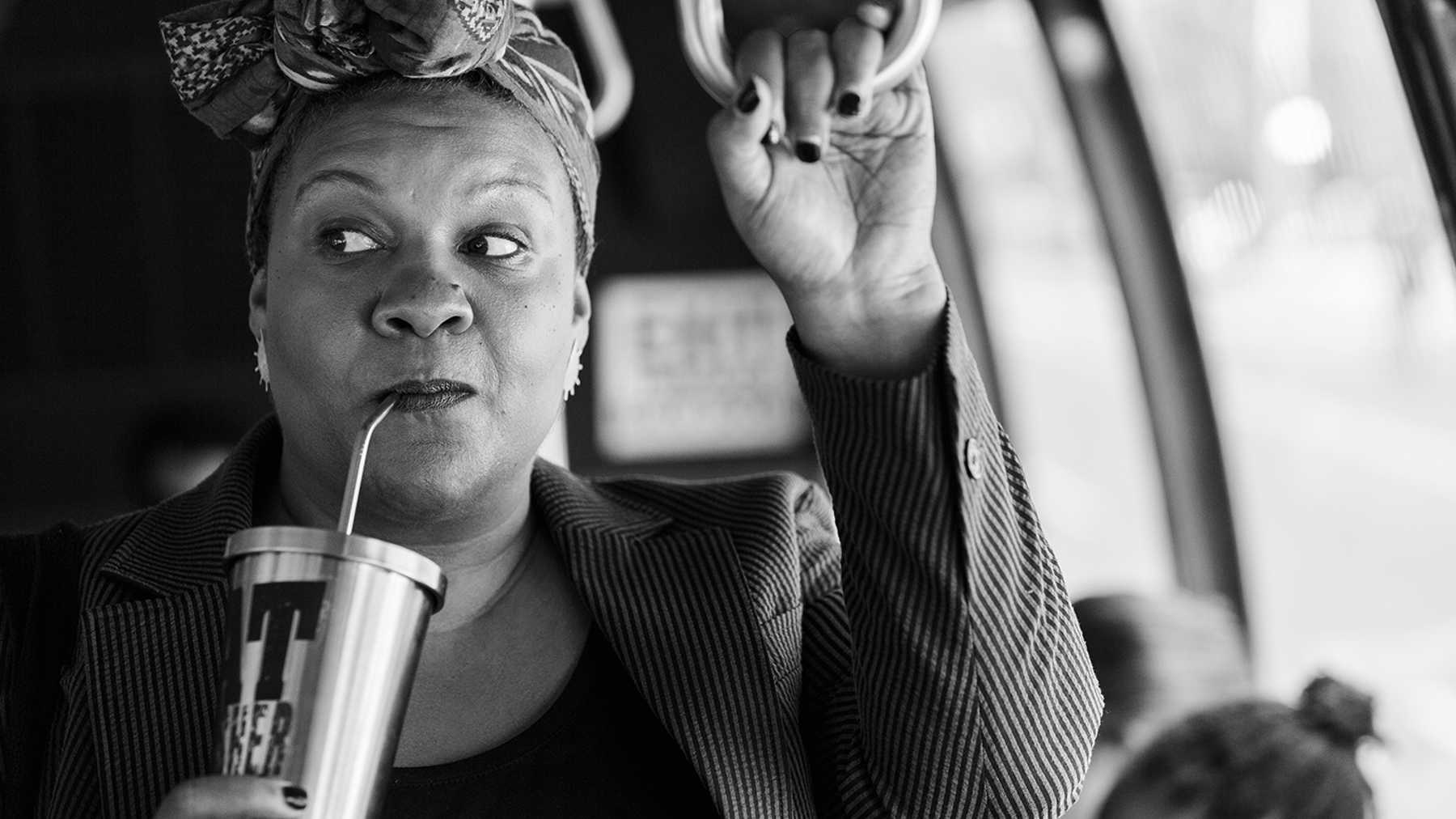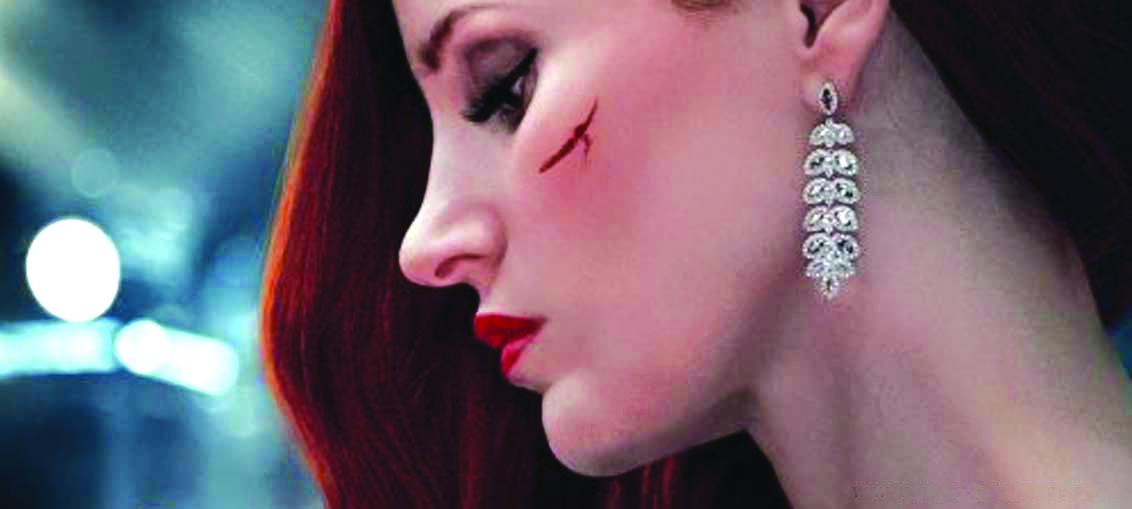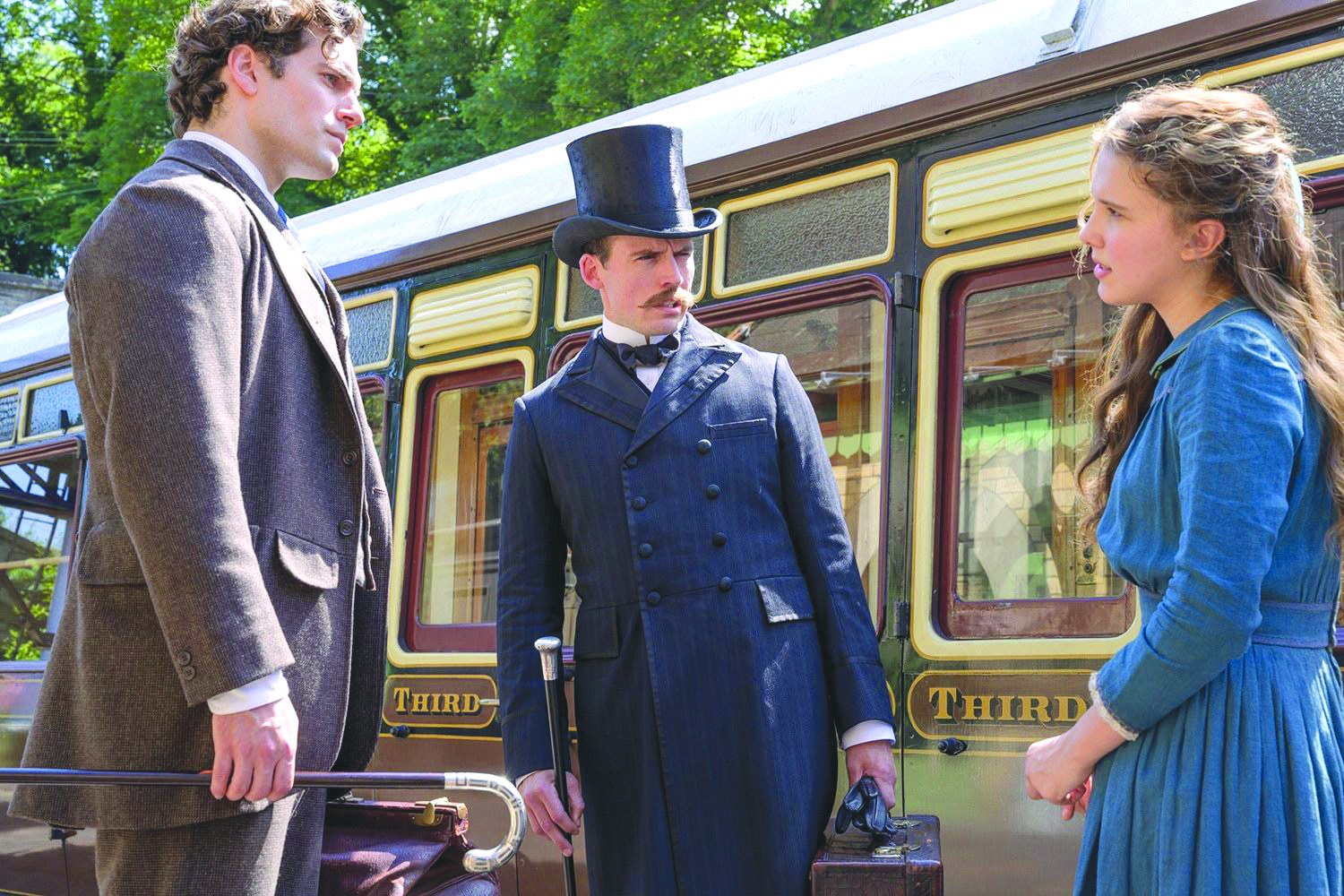Happiest Season (PG-13)
Hulu offers a solid bit of Christmas content in the streaming-service-holiday-movie competition with Happiest Season, a sweet, genuinely fun and ultimately emotionally rich holiday love story.
Abby (Kristen Stewart) hasn’t gotten too jazzed about Christmas since losing her parents at age 19 but when her girlfriend Harper (Mackenzie Davis) invites her home to her parents’ house for Christmas, Abby is genuinely excited. She even buys an engagement ring and plans to ask Harper to marry her, possibly Christmas morning, possibly even going real old-school and asking Harper’s dad for his blessing.
This would come as a surprise to Ted (Victor Garber), Harper’s dad, who doesn’t know Harper and Abby are together or even that Harper is gay. Harper has told her family, including mom Tipper (Mary Steenburgen), that Abby is her (straight) roommate who just needs a place to go for the holidays. Abby is horrified to hear all of this, particularly as she hears it in the car when the couple is practically at the parents’ house, but she decides to go along with it for Harper’s sake.
She quickly realizes that Harper’s fear of coming out to her parents is only part of the family tension. Harper is hyper-competitive with her oldest sister, Sloane (Alison Brie), a mom of two kids who runs a business with her husband, Eric (Burl Moseley), but who is constantly catching shade from her parents about giving up a career as a lawyer. Harper’s middle sister, Jane (Mary Holland), is perpetually overlooked and underestimated. Tipper is freaking out about her extremely fancy and involved Christmas Eve party — even more so this year because Ted is running for mayor and hoping to impress a big donor (Ana Gasteyer). What exactly Tipper’s and Ted’s damage is that has caused them to pit their children against each other and make them feel like big life issues are better kept quiet (even before Ted started running for mayor) the movie never says. But basically, this family is high-strung.
I usually do not love this kind of movie, the The Family Stone-ish type family-gets-together-for-holidays story, because they usually push the limits of how normal humans act to such a degree that I find it somewhat unwatchable. I always find myself thinking “hey, grown adults, you can leave this horrible situation, or not come at all, or get a hotel room and come for the meals but leave in between.” Here, the movie makes most of the crazy behavior make sense, at least within the logic of the movie — the secrets the sisters keep from each other, Harper’s paralyzing fear of her parents, Abby’s hurt reaction to Harper’s behavior but reluctance to give up on Harper. (Maybe not the parents. I’ve read some criticism of this movie which is essentially “what is with these parents?” and there really is no sense-making reason for people who end up where these people end up to act this way in 2020 but I guess you just have to accept certain elements of extreme character stasis followed by sudden growth for this kind of story, just as you have just sort of go with the idea that Harper deeply loves Abby but would put her through all this.) There are very “holiday movie” moments — these movies seem to always feature a fight involving a Christmas tree — but there is some very recognizable human emotion happening, particularly with Abby. The movie doesn’t turn Abby into a doormat or let Harper off the hook (at least not entirely) for the way she treats her, while still giving us the happy beats you need in a movie like this.
I realize I am very late to this party but Kristen Stewart is great — she’s good with the emotional stuff and even better in the comedy moments (a scene where she briefly has to interact with Sloane’s kids called to mind her excellent “Duolingo for Talking to Kids” Saturday Night Live commercial skit). She and Davis have solid chemistry (though not quite as good as Stewart and Aubrey Plaza, who shows up as Harper’s first girlfriend and is a delight). Steenburgen, Garber, Brie and Holland are good supporting players, offering their own moments that fill in whole sides of their characters with just a look or a line reading. Other standout supporting actors include Daniel Levy as a friend of Abby’s and even a brief scene with Timothy Simons as a security guard.
With genuine romance, actual humor and a lot of solid family stuff, Happiest Season is a holiday treat. B
Rated PG-13 for some language, according to the MPA on filmratings.com. Directed by Clea DuVall with a screenplay by Clea DuVall & Mary Holland, Happiest Season is an hour and 42 minutes long and distributed by TriStar. It is available on Hulu.
Superintelligence (PG)
An A.I. picks an average human to teach it about humanity so it can decide whether or not to “Clorox wipe the entire planet and let it start over” in Superintelligence, the best of these Ben Falcone-directed, Melissa McCarthy-starring comedies.
And that’s not a backhanded dig. While not quite as sharp or as bold as McCarthy’s best work, Superintelligence is light and fun and with just the right amount of smart.
What started as a Teddy Ruxpin-ish stuffed animal thing that taught kids to read has somehow morphed into a sentient intelligence that is in, as Carol Peters (McCarthy) quickly learns, everything from computers and phones to her rice cooker and alarm clock. Super Intelligence, as it calls itself, sounds like James Corden to Carol, because of her James Corden fandom (and because Corden does most of its vocal work here), and briefly Octavia Spencer to Dennis (Brian Tyree Henry), her best friend who works at Microsoft and is the person Carol tells after she “meets” the Super Intelligence. It tells her about its recent sudden sentience and its “meh” take on humans. Its dilemma: Should it help humans fix our problems or enslave us or just get rid of us altogether. It has decided to watch Carol to try to figure out what makes humans tick and, to see her response to a variety of situations, it gives her things — a fancy car (that it controls), a fancy new house, a bunch of money and a foundation that she can use to give money to good causes.
Perhaps most importantly, it gives her a push to find George (Bobby Cannavale), her ex-boyfriend, and try to put things right with him. They were apparently very much in love but Carol had what sounds like a career/life crisis and decided to change everything — focusing on doing good in the world and leaving George in the process. We quickly see that he hasn’t ever gotten over her and she very much still loves him but George happens to be just days away from moving to Ireland as part of a year-long teaching fellowship. Super Intelligence nevertheless pushes her to ask him out on a date and patch things up — whatever that means for their future, if there even is A Future.
Meanwhile, Dennis contacts the government even though Super Intelligence told his Microsoft team to back off (but with a “lighthearted” reference to War Games, so you can see why Dennis may not want to listen). The U.S. and the international community work together to find a way to “trap” Super Intelligence before it can “play a game” with the world. Thusly do we also meet the FBI agents (Ben Falcone, Sam Richardson) who spend time tracking Carol’s interaction with Super Intelligence and the U.S. president (Jean Smart), who feels like one of those Shmillary Shminton movie presidents that showed up in films in, like, 2017 and 2018.
This movie plays to all McCarthy’s strengths: believably conveying empathy, physical comedy, doing “regular person in a crazy situation” (as in Spy), being believably awkward and charming at the same time. She is generally someone I just enjoy watching, almost regardless of the quality of the material she’s given, but here she’s got good material — good, if maybe not the “great” of Spy or The Heat.
The movie is also just a solid comedy overall — broad but with strong bits (a job interview scene early in the movie featuring Jessica St. Clair and Karan Soni is almost completely irrelevant to the movie but is also just goofy fun). I also like what the movie does with George. He isn’t a tough guy or a pushover or a performative do-gooder or a fantasy boyfriend. He seems like, at least for a broad comedy, something approaching a normal human — one who has certain life ambitions, who still loves his ex but who was hurt by her and yet still hasn’t let that make him a jerk. He seems like, I don’t know, an adult. Carol also seems like an adult. I mention that because maturity often feels like a goal and not a pre-existing condition in a movie like this and it was just nice to see.
Superintelligence probably isn’t the smartest comedy I’ll watch all year but, as a bit of fun entertainment during a holiday weekend, it was absolutely satisfying. B
Rated PG for some suggestive material, language and thematic elements, according to the MPA on filmratings.com. Directed by Ben Falcone and written by Steven Mallory, Superintellegence is an hour and 46 minutes long and distributed by New Line Cinema. It is available on HBO Max.
Featured Photo: The Lego Star Wars Holiday Special

